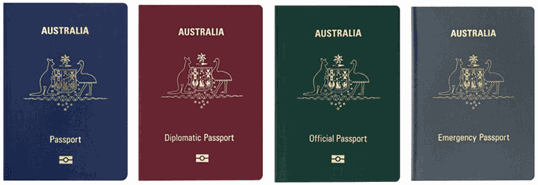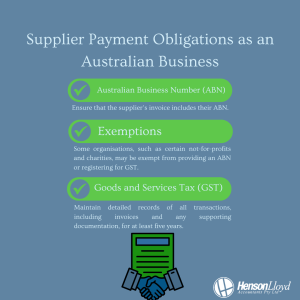The new data-matching program will allow the ATO to verify the identity and residency status of individuals to ensure that they are complying with their registration, lodgement, reporting and payment obligations for tax and superannuation purposes.
The new data-matching program follows a trend of other similar programs, including the ATO’s most recent extension to its motor vehicle data-matching program that aims to identify taxpayers who are purchasing expensive cars that are not proportionate to their reported income.
The Tax Office expects the personal information of approximately 670,000 individuals to be analysed each financial year, with the data to include their full name, date of birth, arrival and departure date, passport information, and residency or visa status.
While the ATO says that data collected through the program will not be used directly to initiate automated compliance activity, it will help it develop risk detection models to help it profile, determine and assess taxpayers and their tax residency status. Taxpayers can still be identified for compliance action through “other methods”.
Where discrepancies or non-compliance is discovered, the ATO will contact individuals by phone, letter or email and provide them with at least 28 days to respond before administrative action is taken.
“For example, where discrepancy matching identifies that a taxpayer may not be reporting all their income, but in fact they’re reporting the income under another entity, the taxpayer will be given the opportunity to clarify the situation,” the ATO said.
Where taxpayers fail to comply with these obligations, after being reminded of them, prosecution action may be instigated in appropriate circumstances.
Records received from Home Affairs will be retained for five years, and builds on the ATO’s visa data-matching program that began more than a decade ago.
Data-matching allows the ATO to cross-reference suitable external data to identify taxpayers who are not fully complying with their obligations, as well as those that may be operating outside the tax and superannuation systems.





